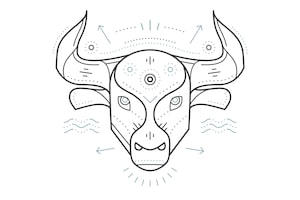Expand your mind and build your reading list with the Books newsletter. Sign up today.
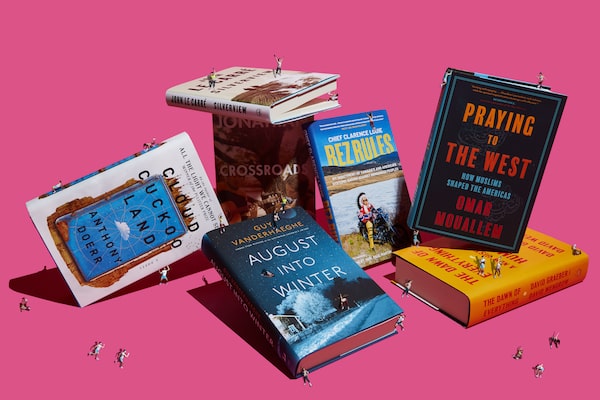
Christie Vuong/The Globe and Mail
Fall is always the biggest book season, but this year it also happens to be the season of the Big Book: a surprisingly high number of novels on the following list, including those by Ruth Ozeki, Alison MacLeod, Wayne Johnston, Gayl Jones, Anthony Doerr, and Jonathan Franzen, clock in at over 500 pages – and several are more than 600 (Guy Vanderhaeghe just misses that random benchmark, at 480).
Non-fiction sees a torrent of compelling memoirs, especially by Indigenous writers such as Jesse Wente, Tomson Highway, Clayton Thomas-Muller and Chief Clarence Louie, some of which give voice to the trauma of their or their family’s experiences in residential schools just as we’re facing yet another national reckoning with the atrocities committed in those places. Indigenous writers Cherie Dimaline, Brian Thomas Isaac and Katherena Vermette continue to make their mark in fiction as well.
Three (unrelated) books on the list also offer a succinct summation – at least title-wise – of the mid-COVID, environmentally apocalyptic times we find ourselves in, and how we might finally get ourselves out of it: Bewilderment, Disorientation and Rationality.
Canadian Fiction
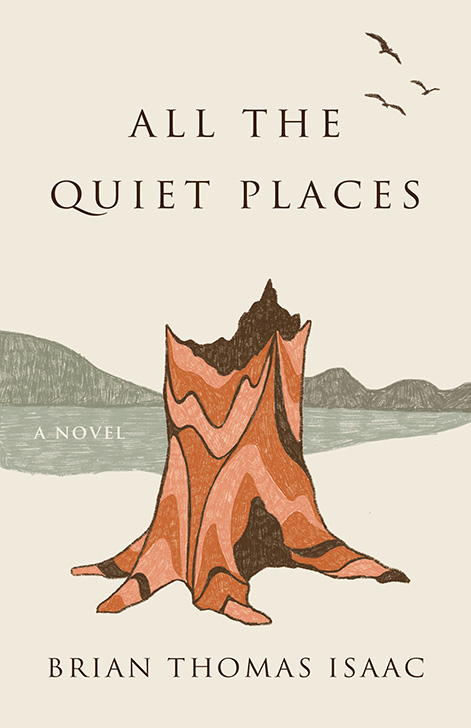
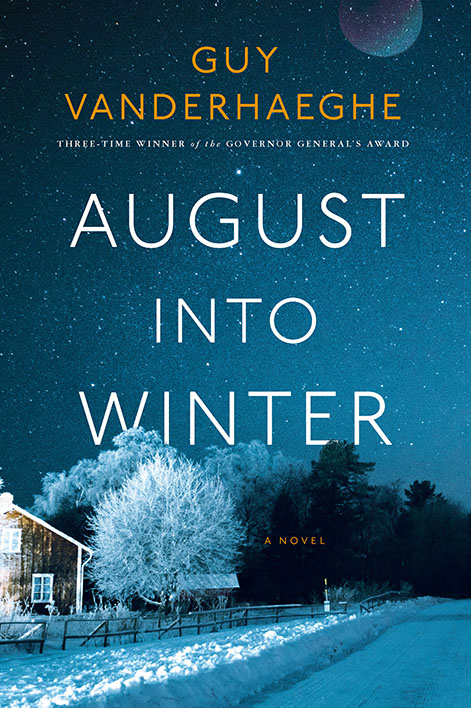
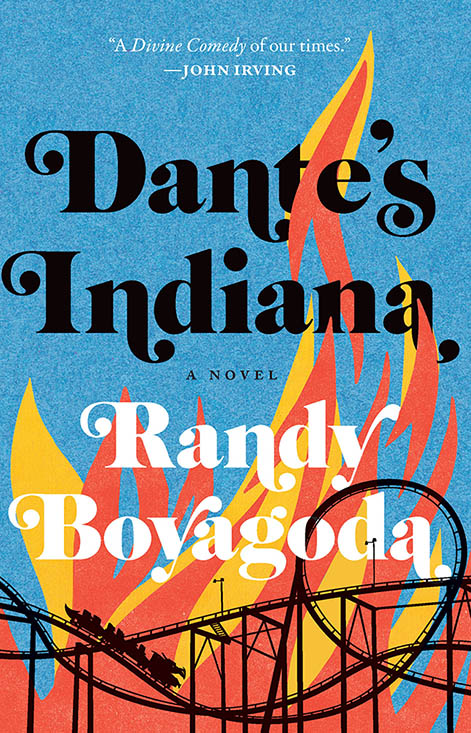

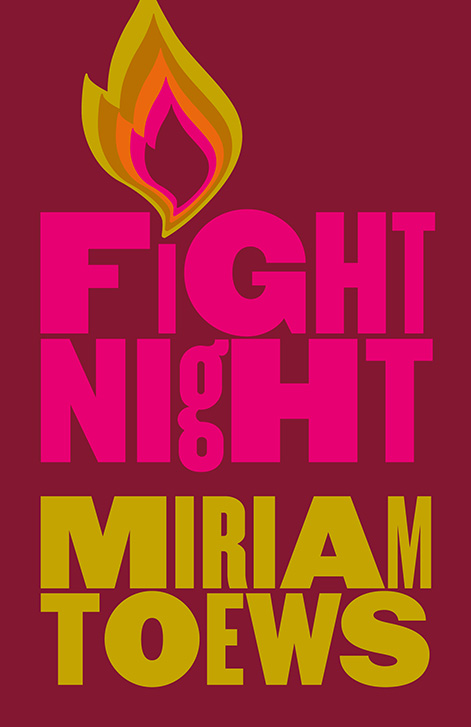
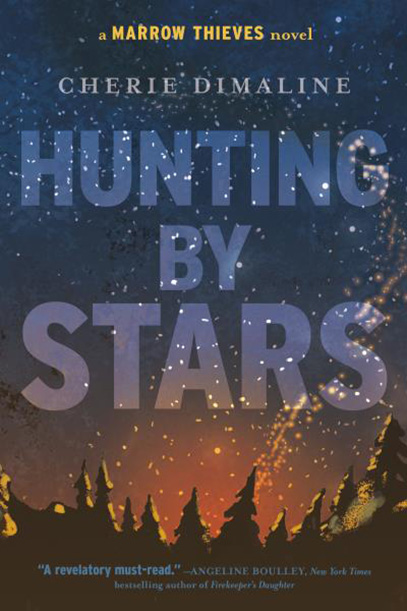
All the Quiet Places, Brian Thomas Isaac (Brindle & Glass, Oct.)
This debut, about an Indigenous boy’s sometimes harsh coming of age on an Okanagan reserve in the 1950s, was written when the Sylix First Nation author was a slip of 70 and comes with warm endorsements from the likes of Gil Adamson, Waubgeshig Rice, Drew Hayden Taylor and Richard Van Camp.
August into Winter, Guy Vanderhaeghe (McClelland & Stewart, Sept.)
The past, as it is often wont to be, is a persistent millstone for the characters in the three-time Governor-General’s Award-winner’s hefty and suspenseful novel – his first in a decade – about a man who flees his small Prairie town after committing an unspeakable act of violence on the eve of the Second World War.
Dante’s Indiana, Randy Boyagoda (Biblioasis, Sept.)
In the witty and wrenching follow-up to Original Prin, the Sri Lankan-Canadian professor has relocated to opioid-ravaged Indiana to work on the opening of a Dante theme park, the pet project of a Christian packaging magnate. When the latter is accused of racism for apparently naming his roller coaster – whose “mascot” is the ghastly, black-faced monster Geryon – after a young Black man recently shot by police, the entire project threatens to go off the rails.
em, Kim Thúy (Random House Canada, Sept.)
Written in her distinctively minimalist prose, the Vietnamese-Quebecker’s fourth novel, recently longlisted for the Scotiabank Giller Prize, is her first to directly confront the Vietnam War, humanized here through the story of two orphans who lead parallel lives despite their separation through Operation Babylift, the mass evacuation of thousands of GI-fathered children during the fall of Saigon.
Fight Night, Miriam Toews (Knopf, Aug.)
After the well-received but thematically weighty Women Talking, Toews returns to humour and a touch of the absurd in this gentle tale of a three-generation, all-female family living in Toronto narrated by precocious, nine-year-old Swiv, which was longlisted for the Scotiabank Giller Prize.
Hunting by Stars, Cherie Dimaline (Penguin Teen, Oct.)
The much-anticipated follow-up to the YA-crossover bestseller The Marrow Thieves picks up where the latter ended. As friends of protagonist French attempt to free him from the residential school where he’s trapped, the novel dovetails chillingly evokes the recent discovery of mass graves in residential schools across Canada.

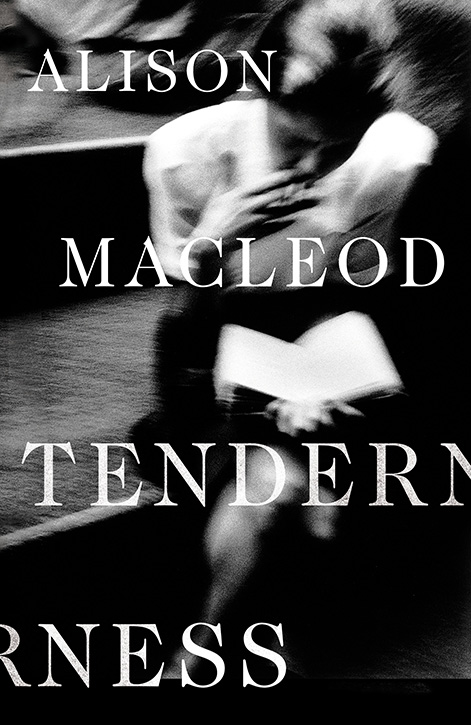
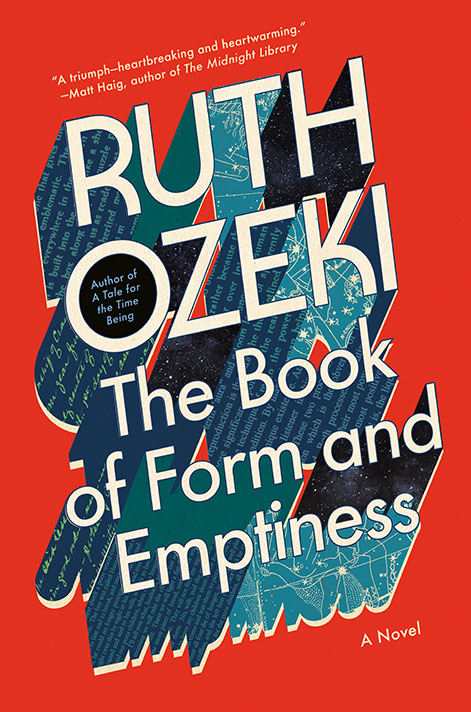
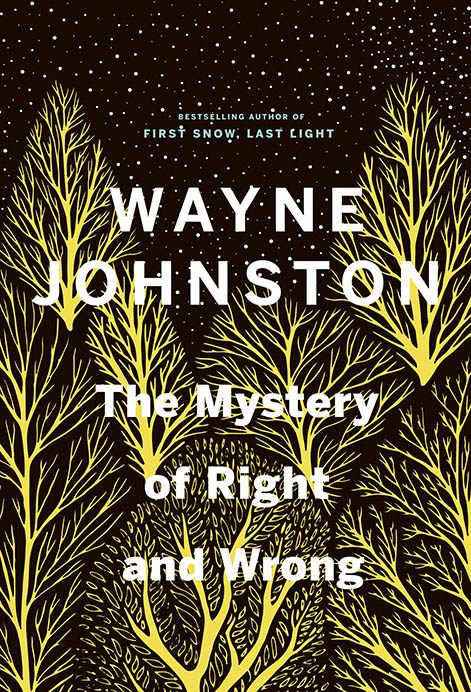
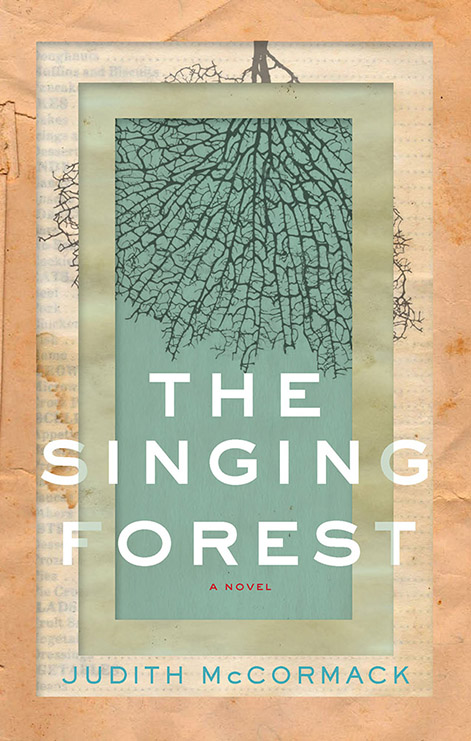
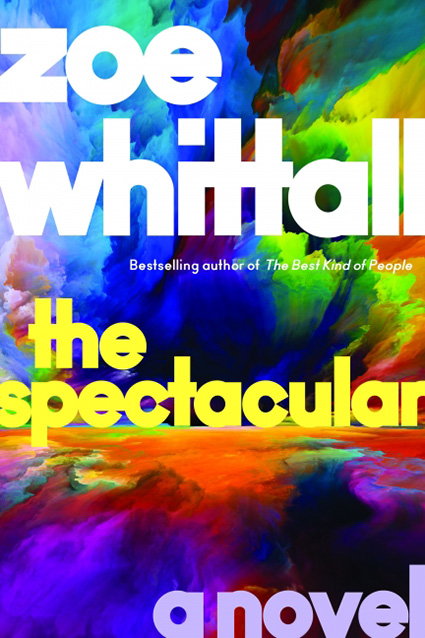
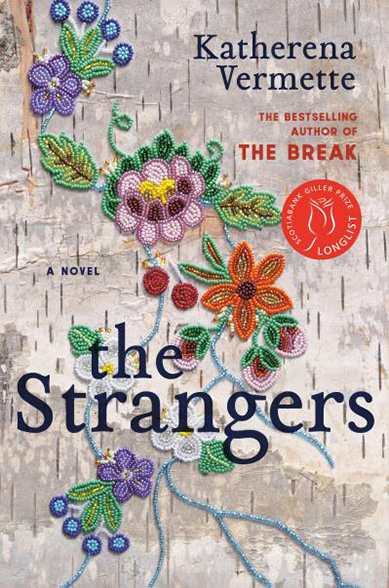
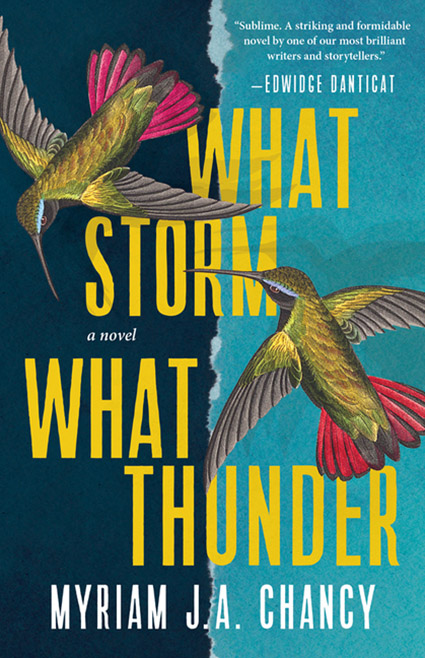
Ring, André Alexis (Coach House, Sept.)
The final instalment in the genre-flouting quincunx series, which began with the Giller-winning Fifteen Dogs, recasts the traditional romance with this concept: a ring that allows its wearer, here a woman of Welsh and Kenyan descent, to change three things about her beloved. Will she wish for unlimited wishes? Read it to find out.
Tenderness, Alison MacLeod (Penguin, Sept.)
Twentieth-century historical figures, including D. H. Lawrence, Jackie Kennedy and J. Edgar Hoover, abound in a sprawling, ambitious novel by the Canadian-born, Britain-based Macleod (Unexploded) underpinned by the 1960 obscenity trial of the publisher (also MacLeod’s) of Lawrence’s 1928 novel Lady Chatterley’s Lover.
The Book of Form and Emptiness, Ruth Ozeki (Viking, Sept.)
The American-Canadian writer’s fifth novel – which, at 550-plus pages, has form but definitely not emptiness – concerns a 13-year-old boy named Benny Oh who, shortly after the death of his beloved musician father, begins to hear the “voices” of inanimate objects around him.
The Mystery of Right and Wrong, Wayne Johnston (Knopf, Sept.)
A protagonist named “Wade Jackson” is the first clue that the Newfoundland writer’s latest novel, which involves harrowing themes of intergenerational abuse, indoctrination and dark family secrets, might have autobiographical elements. Nearly 600 pages later, Johnston confirms as much in a guts-spilling author’s note: “Those who know me and my life – or thought they did – will be shocked by what they read.”
The Singing Forest, Judith McCormack (Biblioasis, Sept.)
In this morally nuanced novel by the Writers’ Trust shortlisted author, a Toronto lawyer travels to Belarus to gather evidence to convict nonagenarian Stefan Drozd, a former member of Stalin’s forces who fled to Canada, and in the process uncovers aspects of her own family history and Jewish ancestry.
The Spectacular, Zoe Whittall (HarperCollins, Aug.)
To have, or not have, children is the conundrum faced by punk-rocker Missy in this novel alternatingly told from the point of view of women from different generational tiers of a single family.
The Strangers, Katherena Vermette (Hamish Hamilton, Sept.)
The title of Vermette’s multigenerational novel – which includes characters from its predecessor, The Break – performs a sly double duty: it’s the surname of the Métis family at its heart, as well as a reference to the manner in which personal and social forces, including addiction and foster care, can lead to familial estrangement.
What Storm, What Thunder, Myriam J. A. Chancy (HarperCollins, Sept.)
The Haitian-Canadian writer and academic’s virtuosic fourth novel, which tells the story of the 2010 earthquake, known locally as “Douze,” from the point of view of several finely drawn, interlinked characters, comes in the wake of other tragically seismic events in her country of birth, literally and figuratively.
International Fiction
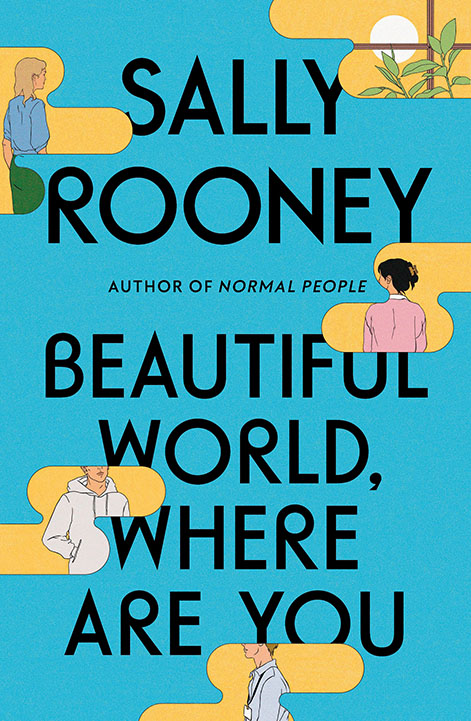
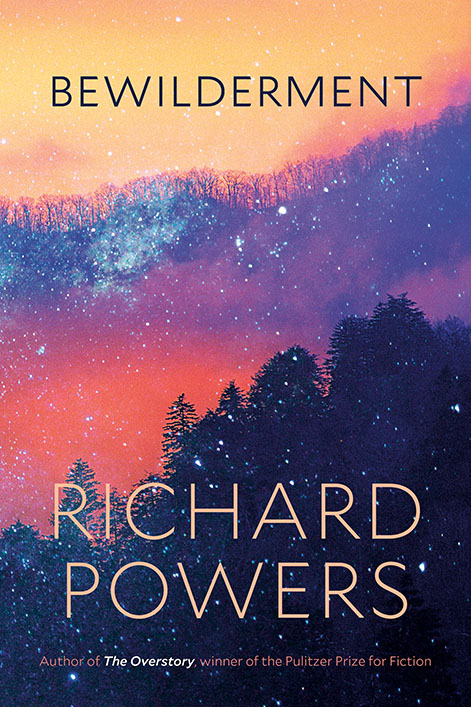

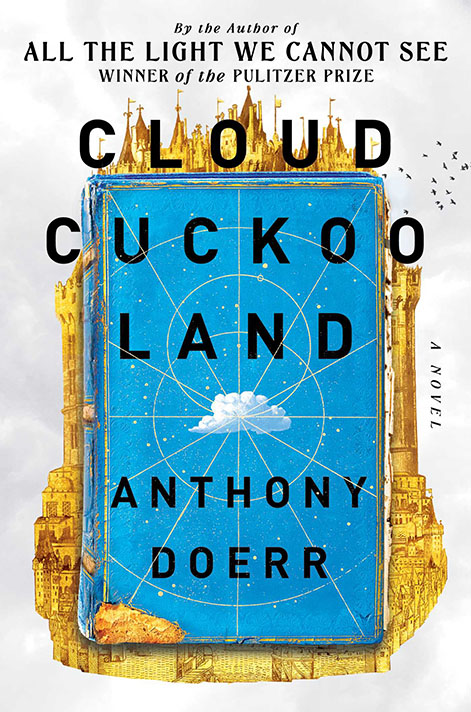

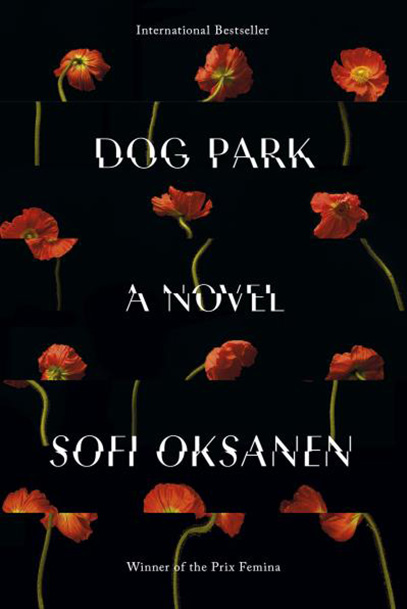
Beautiful World, Where Are You, Sally Rooney (Knopf, Sept.)
“Much-anticipated” is, in this case, an understatement: For the last few months, advance copies of Rooney’s first novel after Normal People have been selling illegally online for hundreds of dollars. Expect more finely rendered deadpan millennial angst on the subject of sex and friendship.
Bewilderment, Richard Powers (Random House, Sept.)
Climate catastrophe simmers menacingly under the surface of Powers’s Booker Prize-shortlisted and sci-fi-inflected follow-up to The Overstory, in which an astrobiologist attempts to control his nine-year-old son’s behavioural issues using an experimental neurofeedback technique that will make the boy’s brain activity mimic that of his late mother.
Chronicles from the Land of the Happiest People on Earth, Wole Soyinka (Pantheon, Sept.)
Half a century after his last novel, the playwright and Nobel-winner returns to the form with aplomb in a bustling satirical tale about contemporary Nigeria, one of whose most memorable characters is Kighare Menka, a surgeon who runs a lucrative side business selling the amputated limbs and organs of suicide-bombing victims.
Cloud Cuckoo Land, Anthony Doerr (Scribner, Sept.)
Doerr dedicates his brick-like follow-up to the bestselling All the Light We Cannot See to librarians – libraries being one of the elements uniting a madly ambitious novel that trips audaciously across time and space to visit 15th-century Constantinople and Bulgaria, present-day central Idaho, and a vessel called the Argos hurtling through space years in the not-too-distant future.
Crossroads, Jonathan Franzen (Bond St Books, Oct.)
America’s producer-in-chief of Big American Novels has produced another whopper, the first in a planned trilogy titled, “A Key to All Mythologies,” after George Eliot’s Middlemarch. Here Franzen presents a Midwestern suburban family, the Hildebrandts, headed by pastor Russ, as they grapple with personal and cultural crises, and each other.
Dog Park, Sofi Oksanen (Anansi, Sept.)
Oksanen is a phenom in Finland – where she is endlessly compared to Stieg Larsson – and around the world. This suspenseful sixth novel, positioned as her North American breakout, begins with an uncomfortable encounter between two young Ukrainian women in a Helsinki dog park: years ago, one had recruited the other into the exploitive global fertility market, and now she’s resurfaced, and doesn’t seem very friendly.
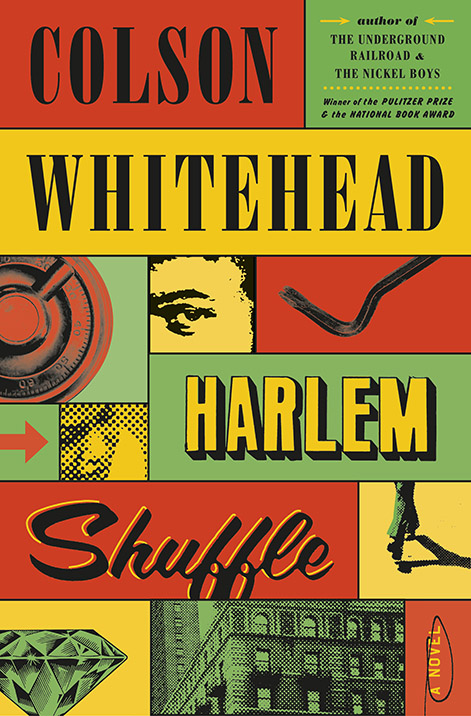

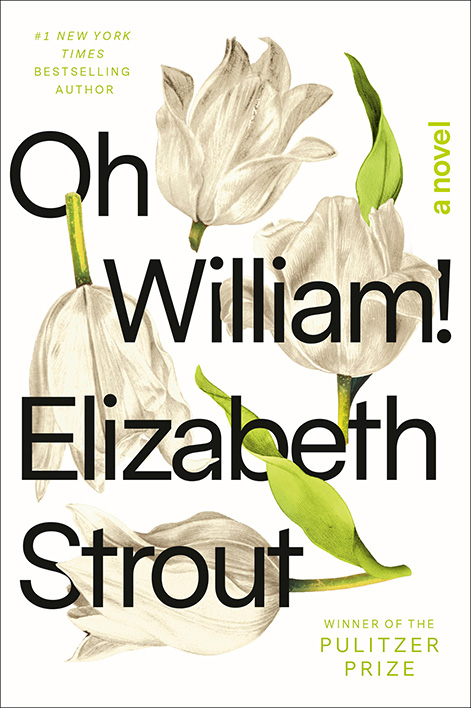
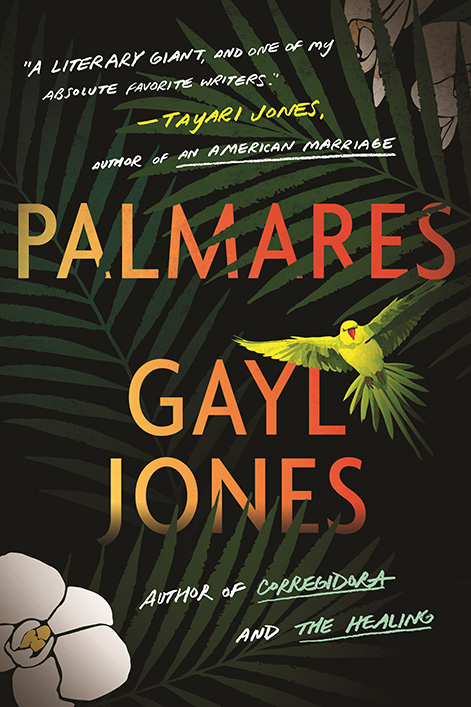
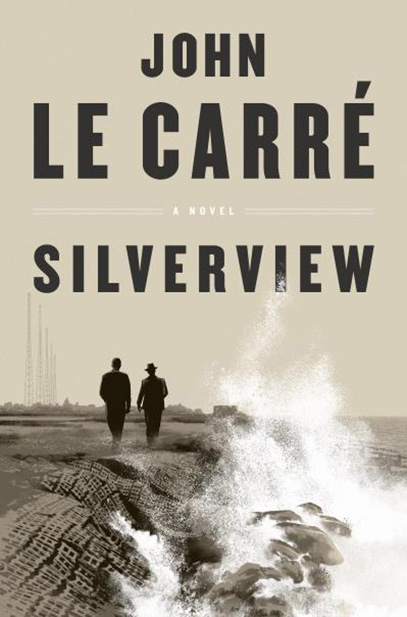
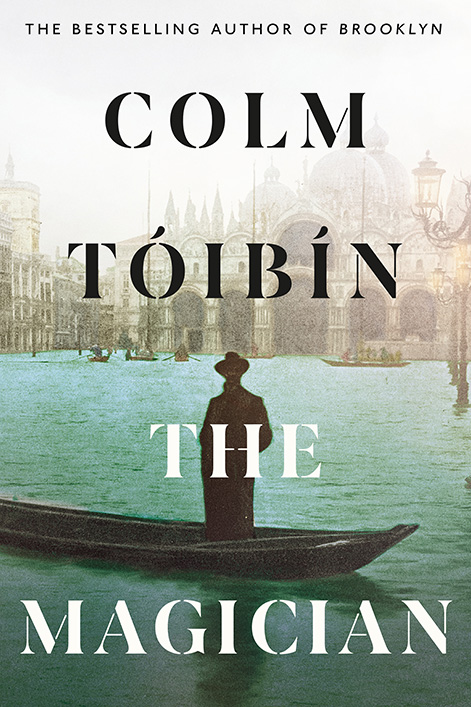
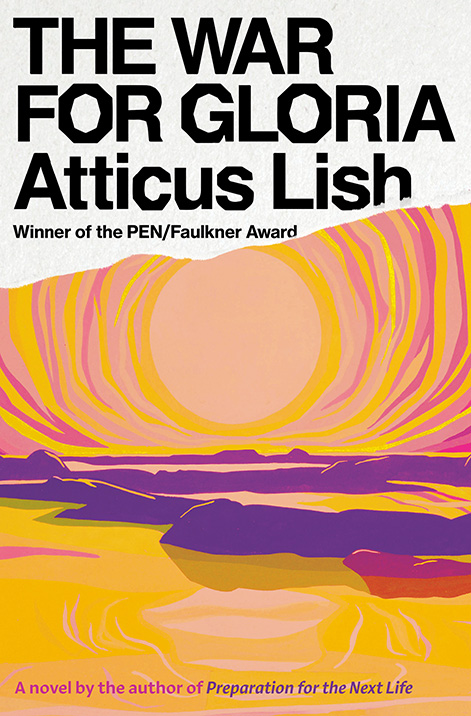
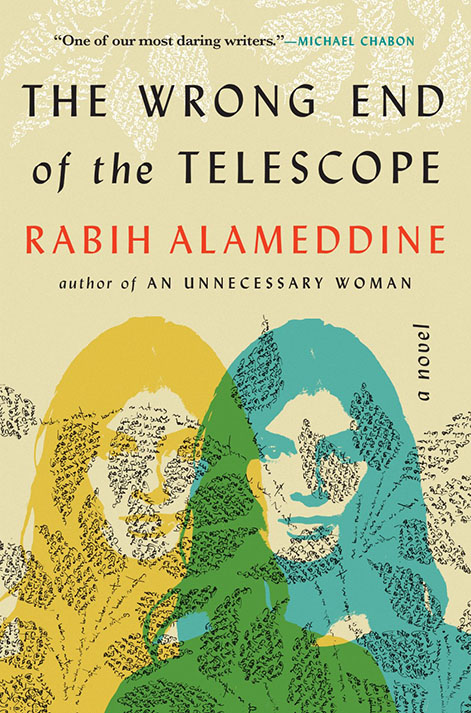
Harlem Shuffle, Colson Whitehead (Doubleday, Sept.)
The two-time Pulitzer-winner effortlessly switches gears for his latest effort: an urban picaresque set in vivid mid-20th-century Harlem and starring Ray Carney, a small-time hustler who goes from fencing stolen radios to knocking over the Hotel Theresa, the “headquarters of the Negro world,” and in so doing finds himself uncomfortably rubbing shoulders with a series of colourful mobsters and lowlifes.
Matrix, Lauren Groff (Riverhead, Sept.)
No red or blue pills here. Instead, Groff boldly trades up the 1990s New York of her previous novel, Fates and Furies, for 12th-century England – where 17-year-old Marie de France has been sent, fresh after her ejection from France’s royal court, and tasked with reviving, as prioress, the fortunes of a ramshackle abbey whose nuns are literally on the brink of starvation.
Oh William!, Elizabeth Strout (Random House, Oct.)
The Pulitzer Prize-winning American author probes the vagaries of human connection through her character Lucy Barton, revived here for the third time, as she reflects, often wistfully, on her long-standing relationship with the man who was once her husband, now her friend.
Palmares, Gayl Jones (Beacon Press, Sept.)
In the mid-1970s, when she was in her 20s, Jones was recognized as the prodigy she was for a pair of novels she wrote focused on the Black female experience in America. After disappearing from view, at least literarily, she has now happily resurfaced with an epic novel, the first in a six-volume series, set in a 17th-century fugitive-slave settlement in Brazil.
Silverview, John le Carré (Viking, Oct.)
Le Carré's 26th novel, about a small-town bookseller who becomes embroiled in an espionage plot, was complete at the time of his death in December of last year and will be published close to what would have been his 90th birthday.
The Magician, Colm Toibin (McClelland & Stewart, Sept.)
What the Irish writer did so, well, masterfully for the novelist Henry James in The Master – bring him convincingly to life within the fictional confines of a novel – he aims to repeat here for Magic Mountain author Thomas Mann. Odds skew toward success.
The War for Gloria, Atticus Lish (Knopf, Sept.)
Filial duty, masculinity and class tensions intermingle in this novel by the PEN/Faulkner-winner about a teenager in early 2000s Massachusetts who assumes care of his ALS-stricken mother while coping with the presence of his potentially violent father.
The Wrong End of the Telescope, Rabih Alameddine (Grove/Atlantic, Sept.)
The personal and political collide in this layered novel about a middle-aged transgender Arab-American surgeon who, at the bidding of a friend, comes to volunteer at a Syrian refugee camp on the island of Lesbos in Greece.
Short Stories
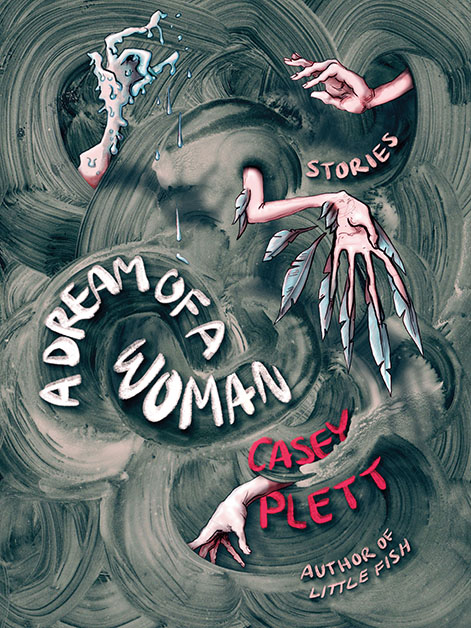
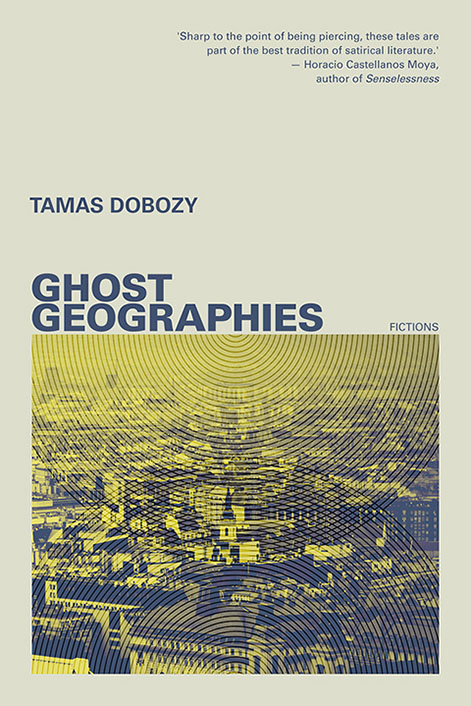
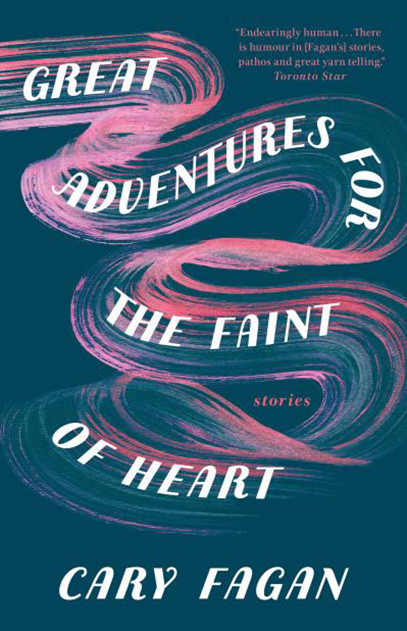
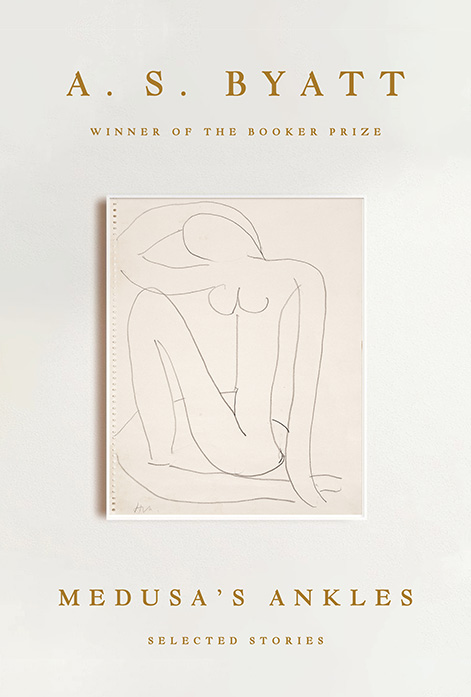
A Dream of a Woman, Casey Plett (Arsenal Pulp, Sept.)
In her first book since the Amazon First Novel Award-winning Little Fish, Plett continues to explore the restless, peripatetic lives of trans individuals on both sides of the American-Canadian border, many of whom struggle with alcohol abuse as they seek their place in the world. The work was just longlisted for the Giller.
Ghost Geographies, Tamas Dobozy (New Star, Sept.)
Dobozy’s short-story collection Siege 13, which won the Writer’s Trust Prize, edged the Waterloo-based author closer to a place in Canada’s pantheon of the form’s greatest practitioners. These wry tales are about “the afterlives of utopia, imagined and real.”
Great Adventures for the Faint of Heart, Cary Fagan (Freehand, Sept.)
Fagan, also an accomplished, prolific children’s book author, has always written stories grounded in the human. Typical is the quietly moving Photographs of the Civil War, about a man who attempts to bond with his girlfriend’s son by taking him on a road trip, but finds himself unnerved by his young charge’s odd behaviour.
Medusa’s Ankles: Selected Stories, A.S. Byatt (Knopf Doubleday, Nov.)
This large but compendious selection of Byatt’s short stores, which features an introduction by David Mitchell, is titled for a 1993 story – shocking to read in COVID times – in which a classics professor, unhappy with her haircut, trashes the salon where she received it to unpredictable effect.
Memoir and Biography
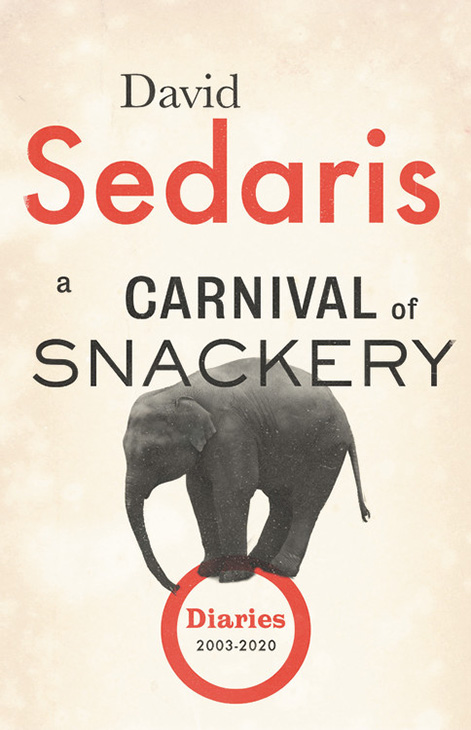
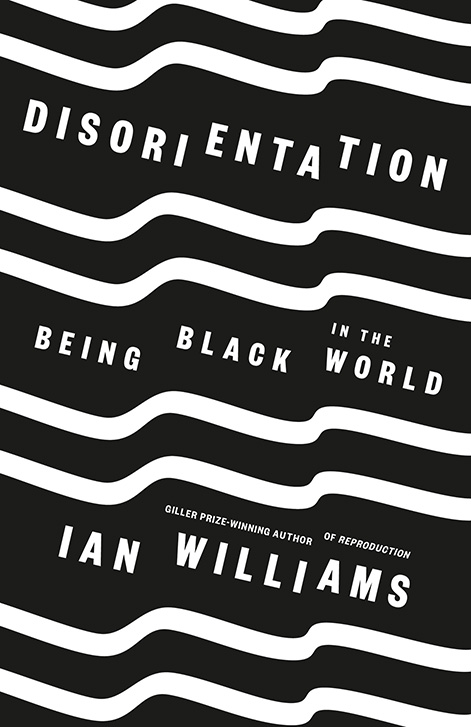
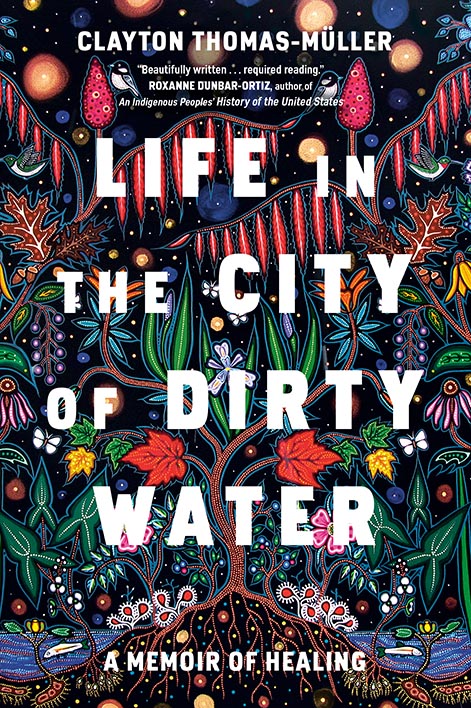
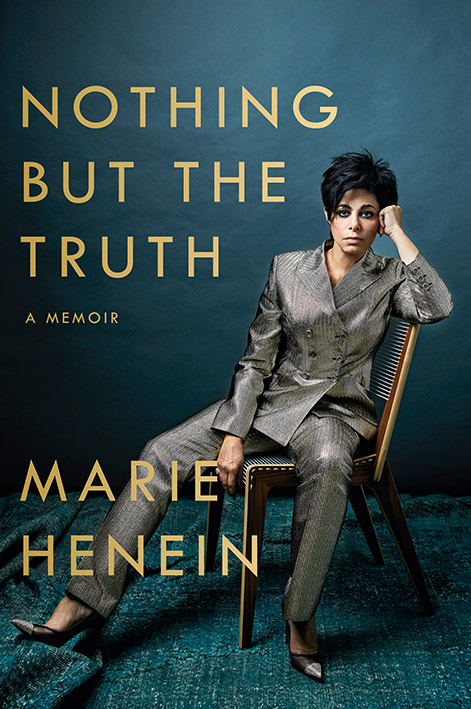
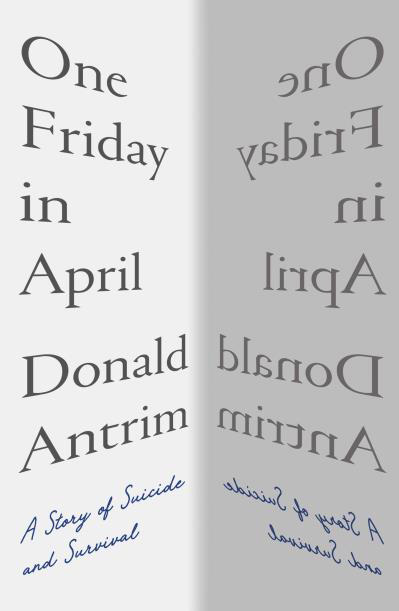
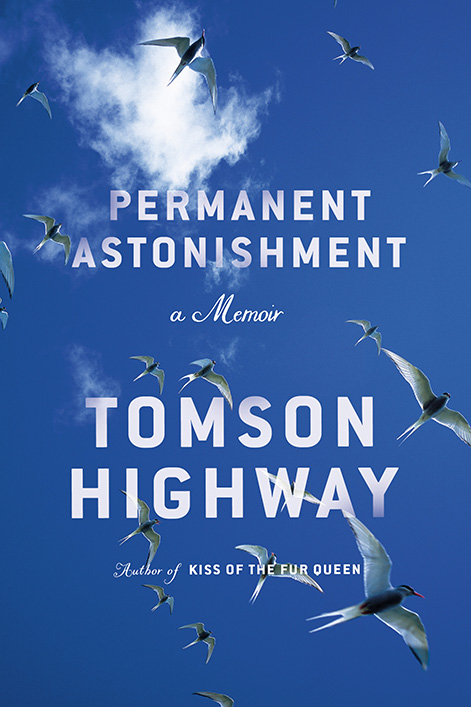
A Carnival of Snackery: Diaries (2003-2020), David Sedaris (Little, Brown, Oct.)
The second volume in the humorist’s collection of excerpts from almost 20 years of his diaries, with typical Sedaris efficiency, milks the mundane for every last drop of funny. Rodents, travel and, yes, snacks and meals, figure prominently.
Disorientation: Being Black in the World, Ian Williams (Random House, Sept.)
Though he confesses to being apolitical by nature (“I know a fair bit, but never enough to seize authority”), the Trinidad-born, Scotiabank Giller Award-winning writer here wades into the fray, grappling with race and what it means to be Black in today’s fraught cultural landscape.
Life in the City of Dirty Water: A Memoir of Healing, Clayton Thomas-Muller (Allen Lane, Aug.)
The Cree activist explains how he survived addiction, abuse and intergenerational trauma growing up in Winnipeg and small-town B.C. and eventually forged a career focused on the braided issues of Indigenous rights and environmental justice.
Nothing But the Truth, Marie Henein (Signal, Sept.)
Henein rose to public prominence – drawing the ire of many women as she did so – when she took on Jian Ghomeshi’s defence at his 2016 sexual-assault trial. Here, she aims to dispel misconceptions about her profession, and to tell her personal story as an immigrant from a tightknit Egyptian-Lebanese family.
One Friday in April: A Story of Suicide and Survival, Donald Antrim (Norton, Oct.)
The novelist’s slim but clear-eyed, unsentimental memoir begins in 2006, when he found himself hanging, shivering, from his Brooklyn fire escape in his socks, and goes on to detail the 10 years of hospitalizations and electroconvulsive therapy – recommended by his friend, the late David Foster Wallace – that followed.
Permanent Astonishment, Tomson Highway (Doubleday, Sept.)
Though based on a life that’s seen its fair share of tragedy – five siblings who died in childhood, another of AIDS, plus a stint in residential school – the Cree playwright’s memoir somehow brims with cheek and humour. Among several playful acts of subversion, Highway, taking advantage of his generation’s license to commit Cree, phonetically, to written form, renders Jean Baptiste as “Samba Cheese.”
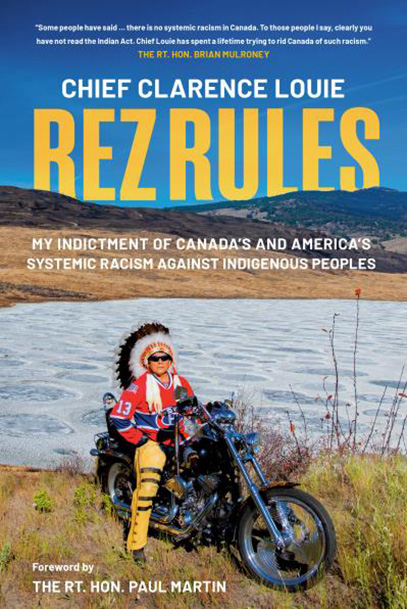
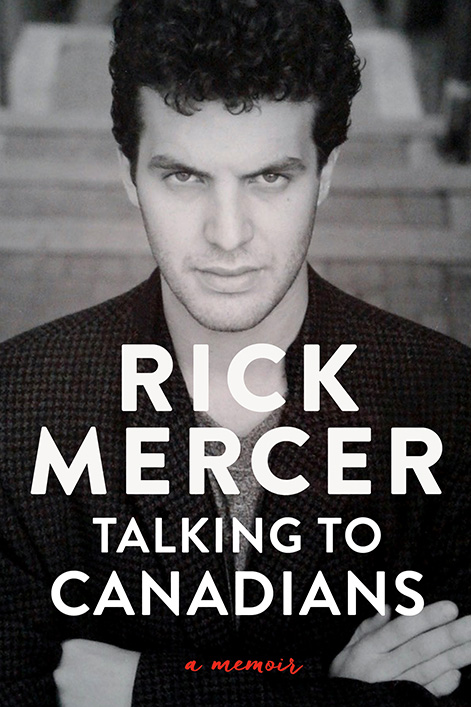
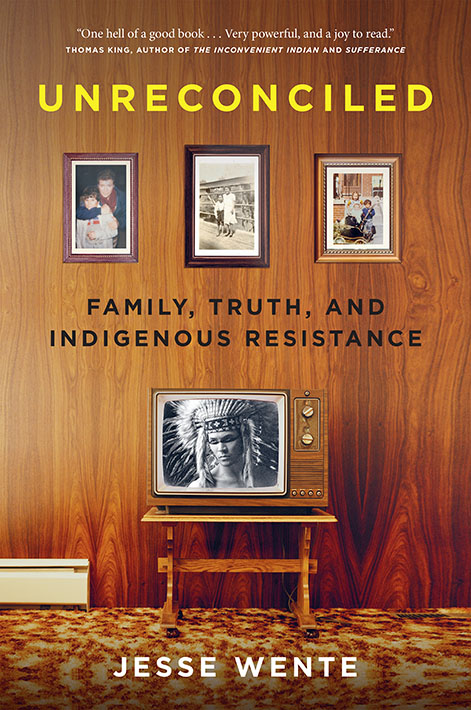
Rez Rules: My Indictment of Canada’s and America’s Systemic Racism Against Indigenous People, Chief Clarence Louie (M&S, Nov.)
Chief Louie’s book – which, with its resplendent photo of him befeathered, be-chapped and sporting a Canadiens’ jersey astride his chopper, is a shoo-in for cover of the year – draws on his decades-long experience as leader of the Osoyoos Indian Band to offer a “common sense blueprint” for Indigenous economic independence.
Talking to Canadians, Rick Mercer (Doubleday, Nov.)
The CBC review of Mercer’s one-man show in 1990 was succinct: “Leave the theatre. You have nothing to offer.” He heeded the advice, and, in this anecdote-driven memoir, gives the inside story behind the development of hit TV shows This Hour Has 22 Minutes and Rick Mercer Report, as well as his Newfoundland upbringing with mixed parents (ie., Catholic and Protestant).
Unreconciled: Family, Truth and Indigenous Resistance, Jesse Wente (Allen Lane, Sept.)
Little in the Anishnaabe broadcaster’s 1970s/80s childhood in a Toronto borough suggested, to him or anyone else, that he was Indigenous, save periodic trips to the Serpent River reserve to visit relatives (“my grandmother was in many ways a victory for residential schools. She was the exact type of Indian they had hoped to produce”). In this memoir-cum-manifesto, he outlines an identity awakening facilitated, in part, through his love of sports and pop culture, and critiques the notion of “reconciliation”.
Social Science and History

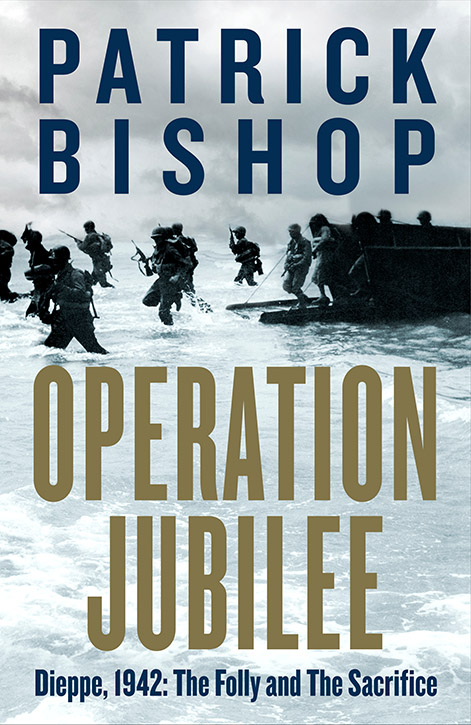
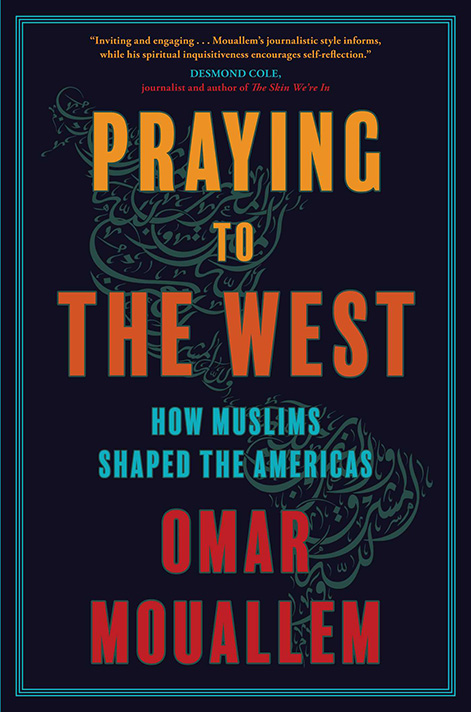

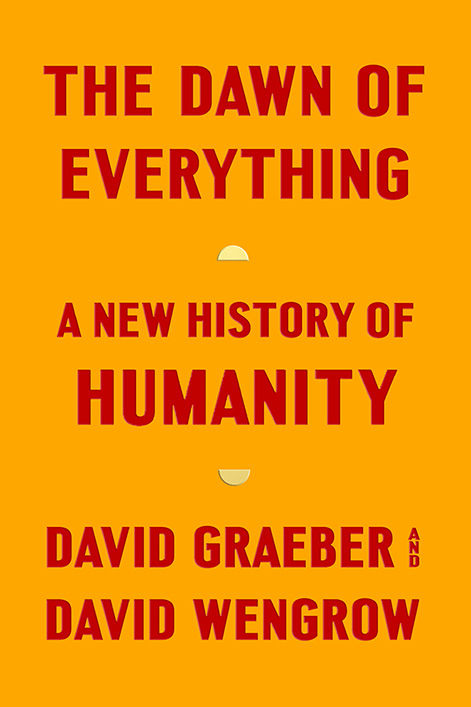
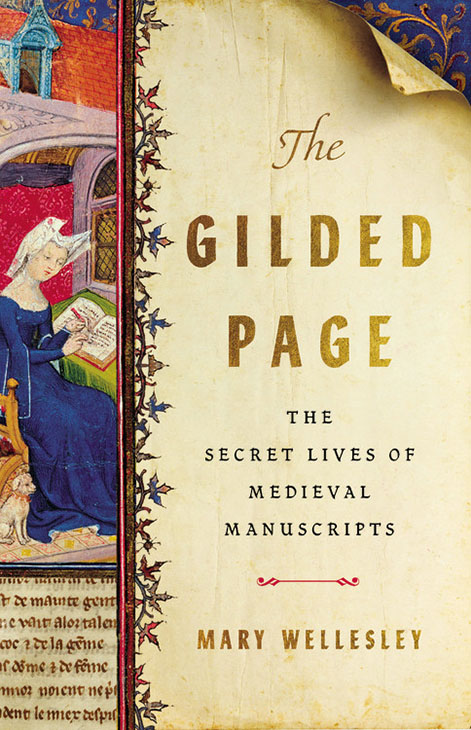
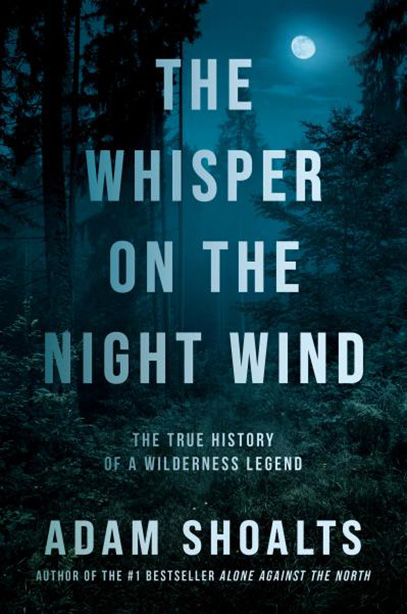
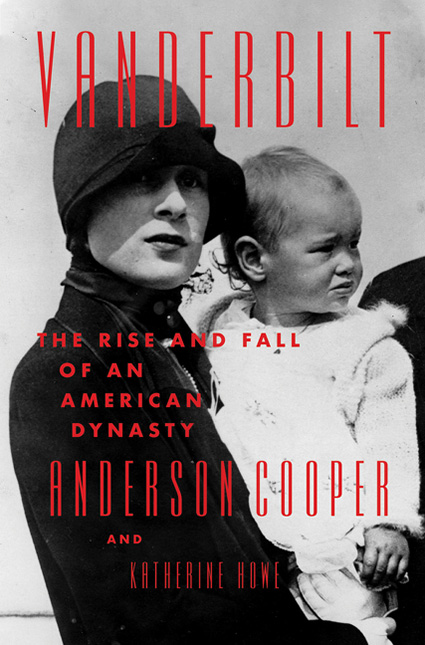
On the Origin of the Deadliest Pandemic in 100 Years: An Investigation, Elaine Dewar (Biblioasis, Sept.)
In this blow-by-blow account of the gumshoe work she did while in lockdown – poring over the science, conducting interviews, and, crucially, following the money and geopolitical interests – the indefatigable investigative journalist makes one of the most compelling arguments yet for Wuhan lab-leak theory of COVID-19′s origins.
Operation Jubilee: Dieppe, 1942: The Folly and the Sacrifice, Patrick Bishop (Signal, Oct.)
This fresh take of the doomed endeavor that constituted the Canadian army’s first engagement with the war in Europe relies on first-person testimony and recently declassified source material from archives in several countries.
Praying to the West: How Muslims Shaped the Americas, Omar Mouallem (Simon & Schuster, Sept.)
In the early stages of his career, in the years post-9/11, the journalist and erstwhile rapper firmly resisted a Muslim identity he felt had been imposed on him, fashioning himself a professional skeptic. To answer the question of whether, in the era of Trump and ISIS, there might in fact be a place for him within Islam, Mouallem visited dozens of mosques, from the edge of the Amazon to the Arctic Circle, capturing, in the process, their diversity of practice and belief.
Return: Why We Go Back to Where We Come From, Kamal Al-Solaylee (HarperCollins, Sept.)
In 2012, when a date asked him where he wanted to be buried, Yemen-born Al-Solaylee was unequivocal: Toronto. Years later, as Trumpism and its attendant racist backlash festered in democracies across the globe, he became less sure. What began as a personal question – was he seriously considering returning to the homeland he’d once definitely rejected as a young, gay man? – turned into an act of reportage when Al-Solaylee decided to spend four years travelling the globe to “witness, record and demystify” the desire of migrants to return home.
The Dawn of Everything: A New History of Humanity, David Graeber and David Wengrow (Signal, Oct.)
This book, dazzling in scope and a challenge to received wisdom about our social evolution, was begun as an attempt “to reconstruct the sort of grand dialogue about human history” that was once a mainstay of the authors’ respective fields: anthropology and archeology. Sadly, Graeber died weeks following its completion.
The Gilded Page: The Secret Lives of Medieval Manuscripts, Mary Wellesley (Basic, Oct.)
Precious few medieval manuscripts have survived, to the degree that most of the 600-year corpus of Old English poetry, which includes Beowulf, exists in just four books. Wellesley, a scholar, takes a deep but accessible dive into the origins of these strange and wonderful artifacts, including those produced by little-known women such as Leoba of Tauberbischofsheim, England’s first-named female poet. (And what a name.)
The Whisper on the Night Wind: The True History of a Wilderness Legend, Adam Shoalts (Allen Lane, Oct.)
The writer and explorer travels, some would say unadvisedly, to the remote, long-abandoned town of Traverspine in central Labrador where, a century ago, multiple, reliable residents described terrifying encounters with large, unidentifiable creatures with white manes and, most disconcertingly, big, toothy grins.
Vanderbilt: The Rise and Fall of an American Dynasty, Anderson Cooper and Katherine Howe (Harper, Sept.)
The CNN anchor gives a dispassionate account of the boom-and-bust ways of his famous ancestors, starting with the tycoon (Commodore) Cornelius Vanderbilt, and ending with his late mother, Gloria. The book describes a young Cooper seeing his mother’s name embroidered on the back pocket of virtually every pair of tight, high-waisted jeans in 1978 New York, and knowing that this success, too, would be fleeting: “Money ran away from his mother like water.”
Essays
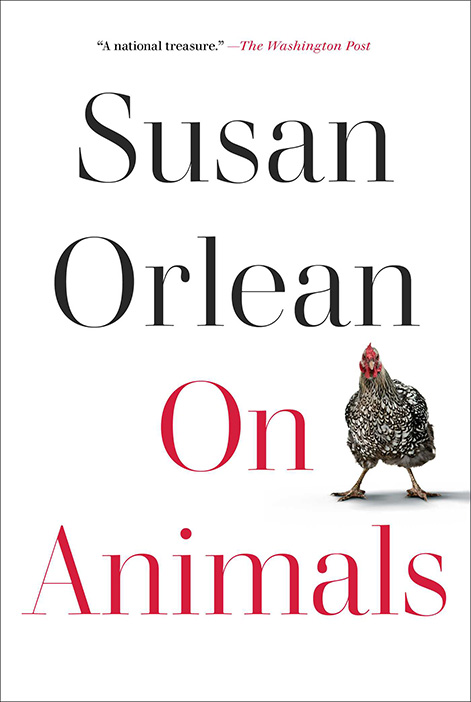
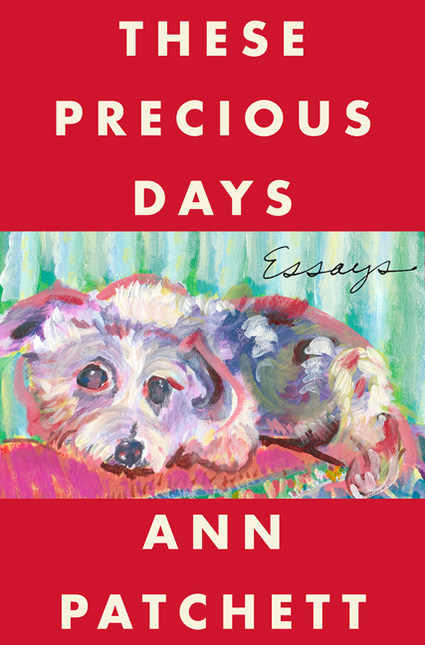
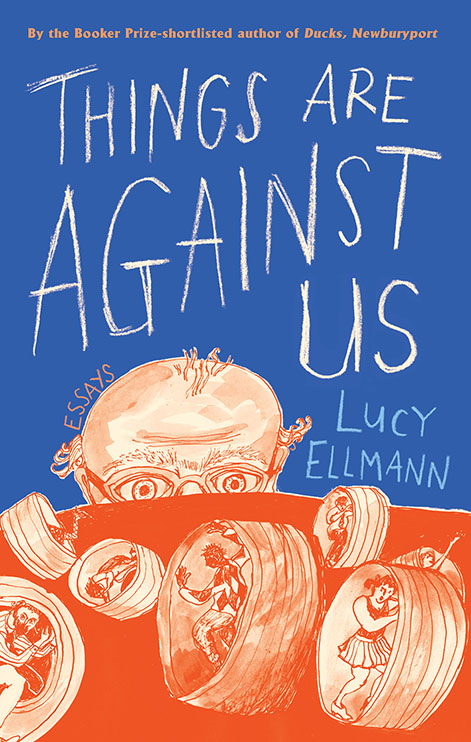
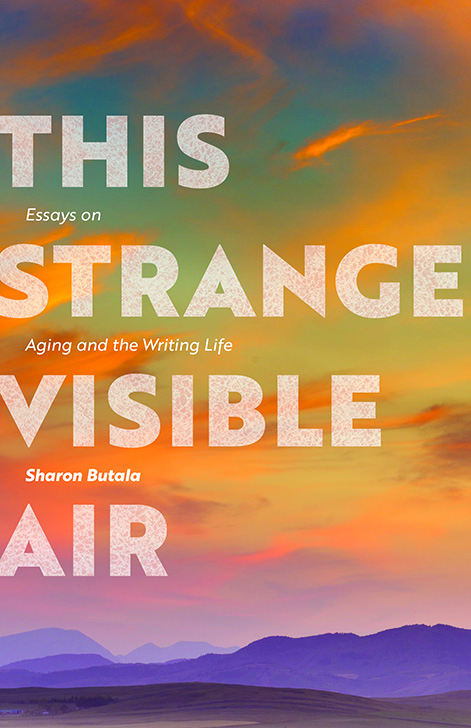
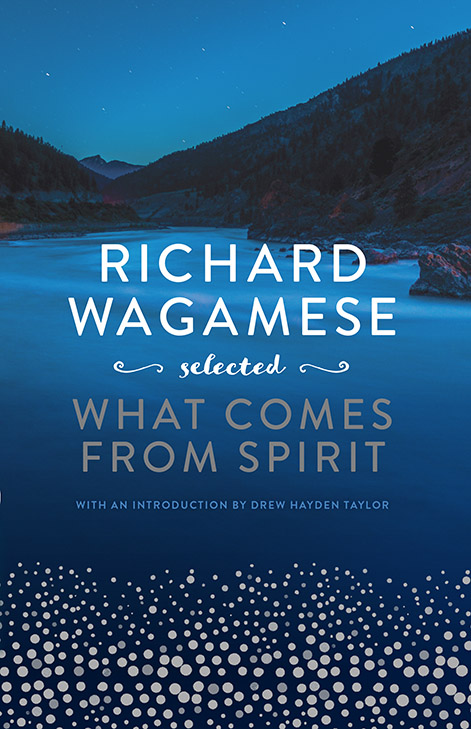
On Animals, Susan Orlean (Simon & Schuser, Oct.)
The entries in this collection of previously published essays are as charming as they are manifold, with subjects ranging from the personal – how Orlean become a chicken person – to a portrait of a $100,000 show dog to, at the far end of the vitality spectrum, a visit to the 2003 World Taxidermy Championships
These Precious Days, Ann Patchett (HarperCollins, Nov.)
Though best known for her novels (Bel Canto, State of Wonder), Patchett, as this new collection confirms, is an equally formidable essayist. For proof, look no further than the masterful Flight Test, about her unusually intimate history with single-engine planes. Ditto for There Are No Children Here, on her decision to remain childless, and several on the art of writing.
Things Are Against Us, Lucy Ellmann (Biblioasis, Sept.)
“Let’s complain,” urges the author of the prize-winning experimental novel Ducks, Newburyport at the outset of her first work of non-fiction, then valiantly leads the way. Over 14 entries that use approaches ranging from all-caps to page-swallowing footnotes, she takes on Trumpism, the beauty industry, patriarchy and crime writers, with charming tetchiness.
This Strange Visible Air: Essays on Aging and the Writing Life, Sharon Butala (Freehand, Sept.)
After the worst of the grief of her rancher husband’s death ebbed, the prolific, Saskatchewan-born writer envisaged a life of art and friends and leisure; she neglected to consider that she, too, would get old. Here she examines the contours of that reality in essays about ageism, loneliness and our society’s failure to value elders.
What Comes From Spirit, Richard Wagamese (Douglas & McIntyre, Sept.)
This follow-up to the bestselling Embers brings together thoughts and short writings, some never-before published, by the late, lamented author of Indian Horse – a key figure in the contemporary Indigenous literary renaissance.
Psychology
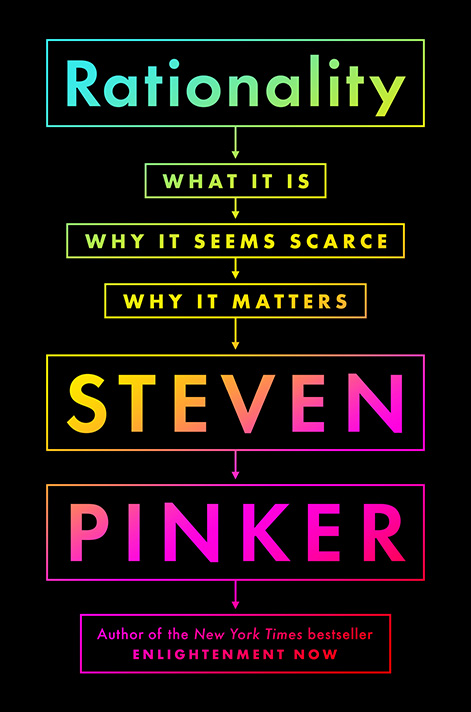
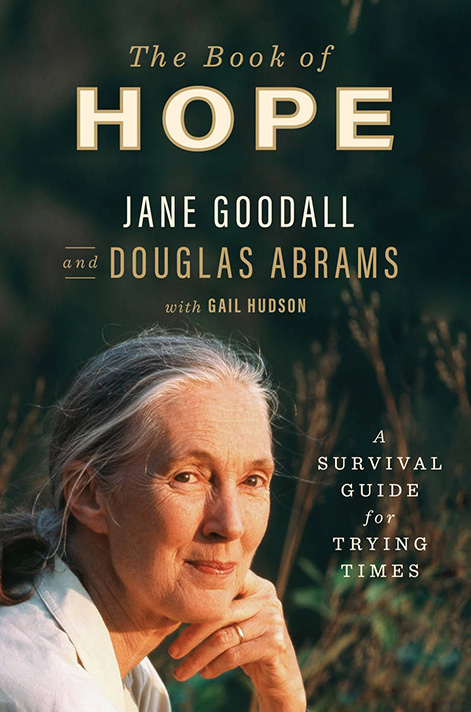
Rationality: What it Is, Why it Seems Scarce, Why it Matters, Steven Pinker (Viking, Sept.)
With an embarrassment of reasoning tools at our disposal, how did we arrive at this conspiracy-riddled “post-truth” moment that threatens our health, democracies and the planet? The cognitive scientist here harnesses game theory, probability and randomness, and correlation versus causation, to help explain the root of our collective delusions.
The Book of Hope: A Survival Guide for Trying Times, Jane Goodall and Douglas Abrams (Celadon, Oct.)
The opening section of this book is titled What Is Hope?, and many of us could do with a reminder these days. Drawing on lessons learned over the course of her famed career, the naturalist provides reasons for optimism at a time where‚ environmentally and politically, hope often seems in short supply. Among salient topics discussed: how to cultivate hope in young people.
Politics and Economics
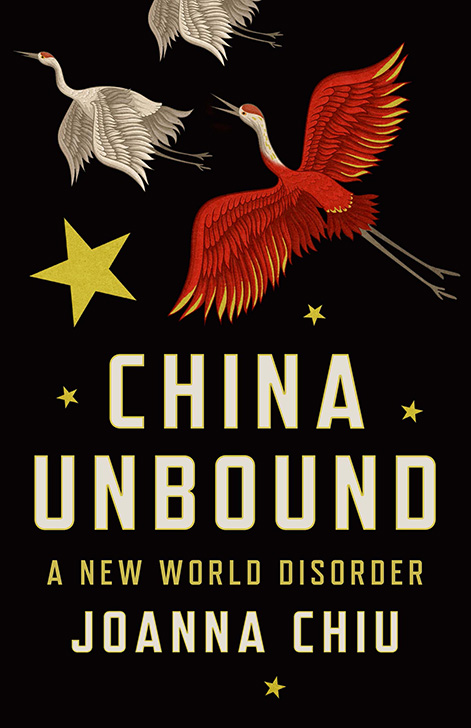
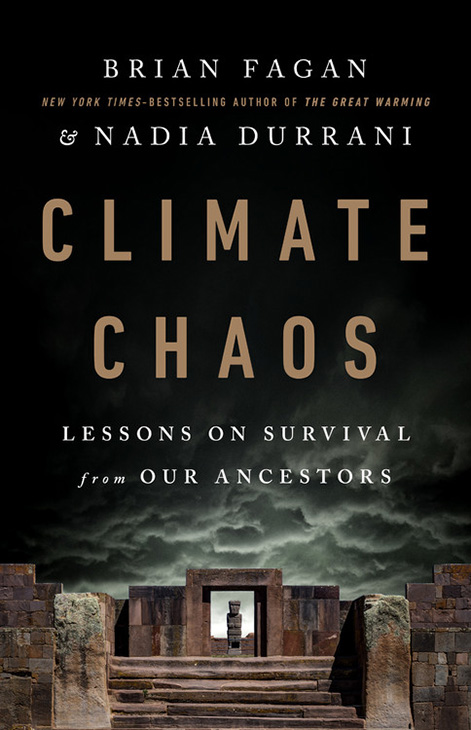
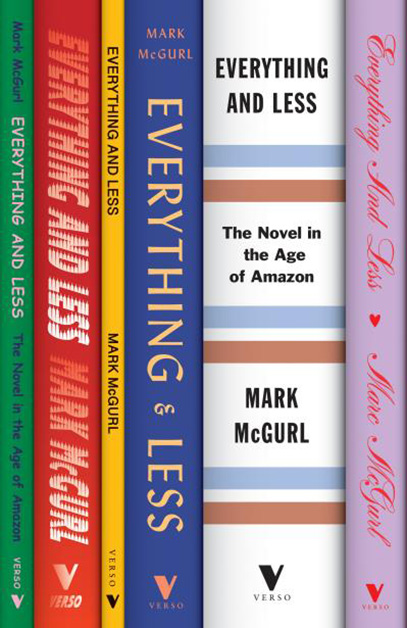
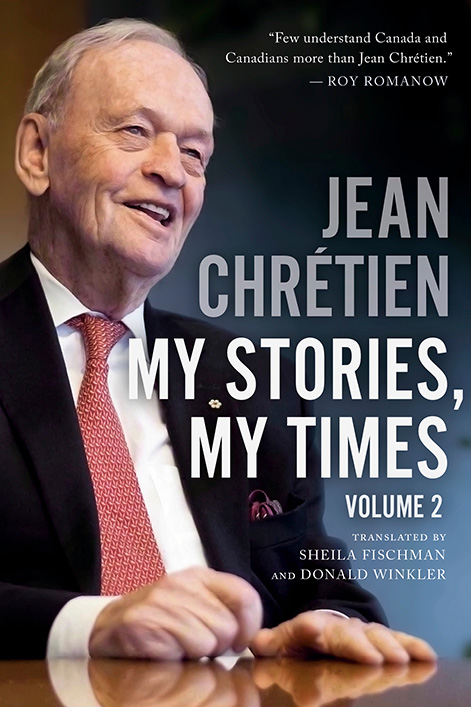
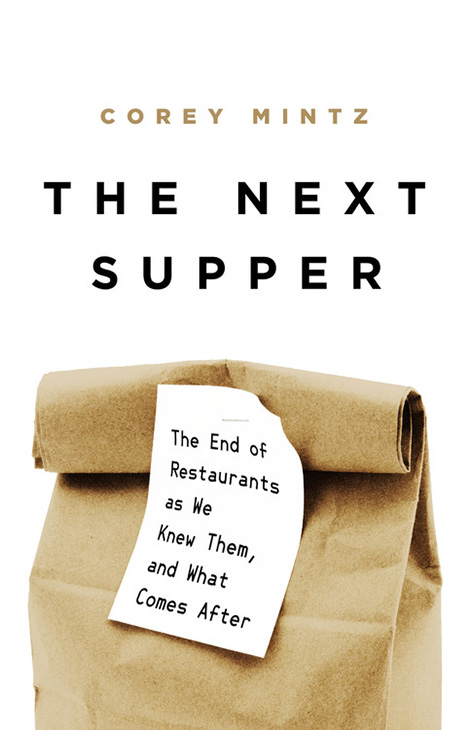
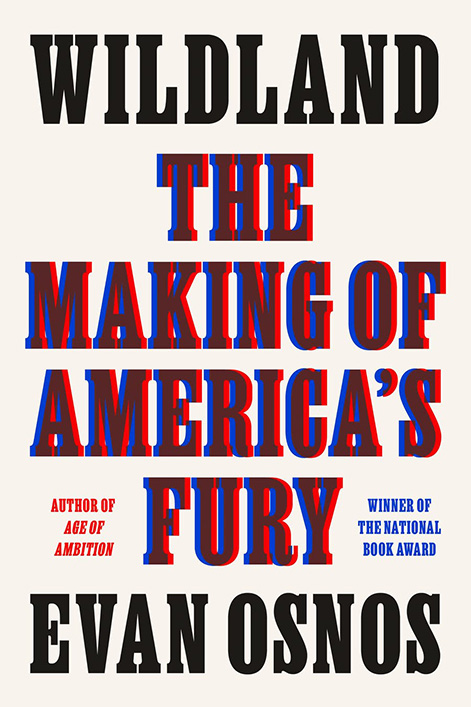
China Unbound: A New World Disorder, Joanna Chiu (Anansi, Sept.)
The Canadian journalist and long-time Beijing correspondent lays out the consequences of China’s economic rise and recent sharp turn toward authoritarianism, as well as its “wilful misinterpretation” by self-interested Western nations that, over decades, have enabled China’s toxic diplomacy, human rights abuses, and foreign interference.
Climate Chaos: Lessons on Survival from our Ancestors, Brian Fagan and Nadia Durrani (Public Affairs, Sept.)
As megadroughts and unprecedented flooding create climate refugees the world over, the authors, relying on recent advances in paleoclimatology, the study of ancient climate, survey millennia of major climatic phenomena to determine what our ancestors can teach us about coping with climate change, large and small.
Everything and Less: The Novel in the Age of Amazon, Mark McGurl (Verso, Oct.)
McGurl here argues that the retail behemoth that once proudly called itself Earth’s Biggest Bookstore has blurred, to the point of indistinction, the alleged line between literary and genre fiction. Proving, perhaps his point: a visit to Professor McGurl’s book’s page on Amazon leads one to Psions of SPIRE bundle: Vol. 1, a box set of paranormal, LGBTQ-fantasy romances by Alex Silver.
My Stories, My Times: Vol 2, Jean Chrétien (Random House Canada, Oct.)
More wit and wisdom from the Little Guy from Shawinigan.
The Next Supper: The End of Restaurants as We Knew Them, and What Comes After, Corey Mintz (Public Affairs, Nov.)
For thousands of restaurants around the world, COVID was a death knell. Yet as Mintz, a food reporter, spells out in a book that is part exposé, part roadmap to recovery, the industry has been in peril for years as a result of factors, including underpaid, overworked staff and the rise of predatory delivery apps.
Wildland: The Making of America’s Fury, Evan Osnos (Farrar, Straus and Giroux, Sept.)
Osnos has written a detailed account of what he views as a crucible in American history: the 20 years between the attacks of 9/11 and the attack on the U.S. Capitol on Jan. 6: “A period in which Americans lost their vision for the common good, the capacity to see the union as larger than the sum of its parts.”
Sports, aka Hockey
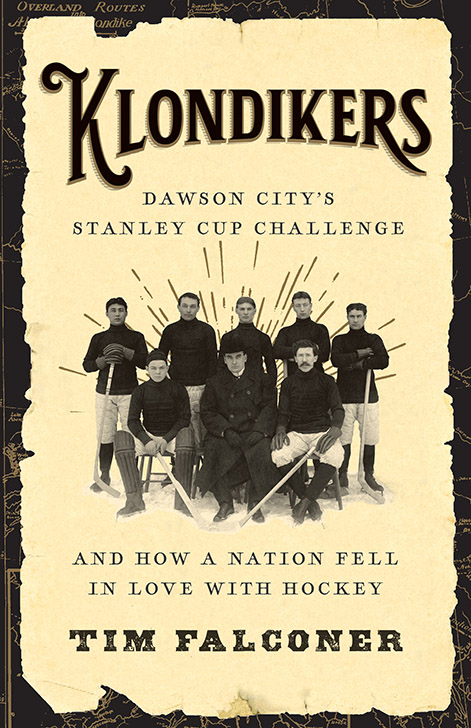
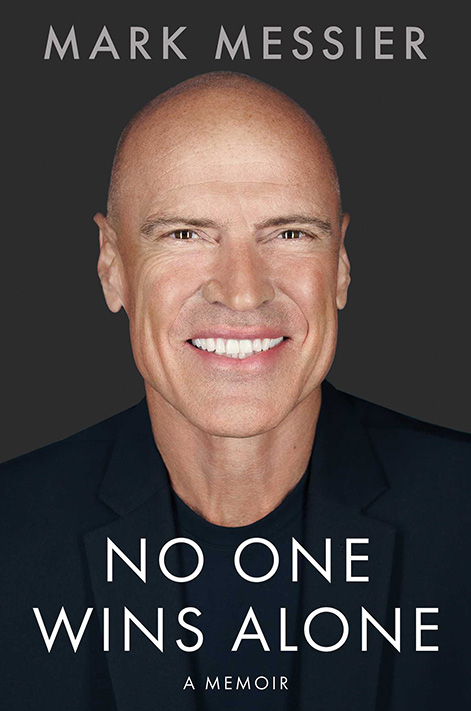
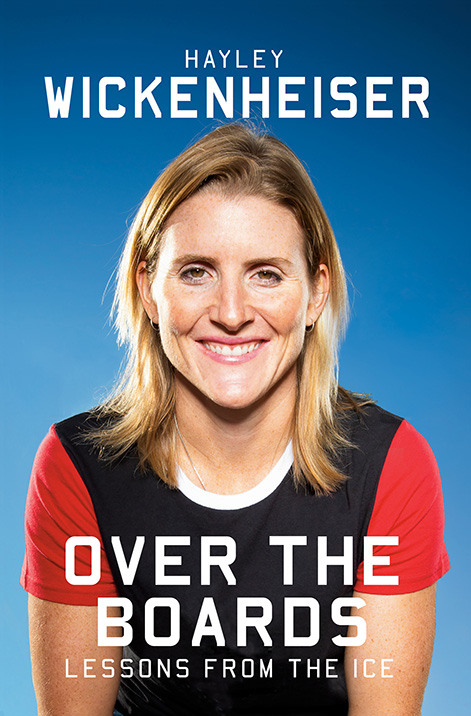
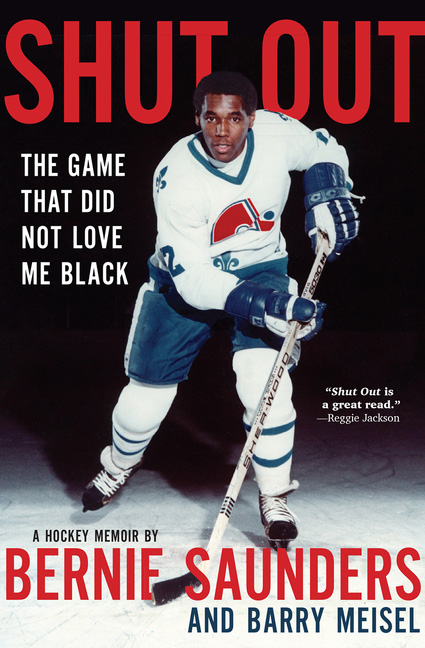
Klondikers: Dawson City’s Stanley Cup Challenge and How a Nation Fell in Love with Hockey, Tim Falcolner (ECW, Oct.)
The Bad Singer author chronicles how a ragtag group of misfits from the Yukon undertook a three-week journey to Ottawa to become 1905 Stanley Cup champions and, along the way, helped establish hockey as a young country’s national pastime.
No One Wins Alone, Mark Messier (Simon & Schuster, Oct.)
Insights on success and winning, from one of the winningest hockey players of all time.
Over the Boards: Lessons from the Ice, Hayley Wickenheiser (Viking, Oct.)
In this warts-and-all memoir, the hockey legend explains how the lessons she learned over decades as Team Canada captain, a veteran of six Olympics, and as a mother, served her during a later-life transition to medical school.
Shut Out: The Game that Did Not Love Me Black, Bernie Saunders and Barry Meisel (Patrick Crean, Oct.)
Faced with unrelenting racism, Saunders, who was just the fifth Black hockey player to play in the NHL, left a promising start with the Nordiques after only two seasons. In this hopeful memoir he recounts how he overcame adversity, eventually becoming a go-to consultant within the hockey community.
